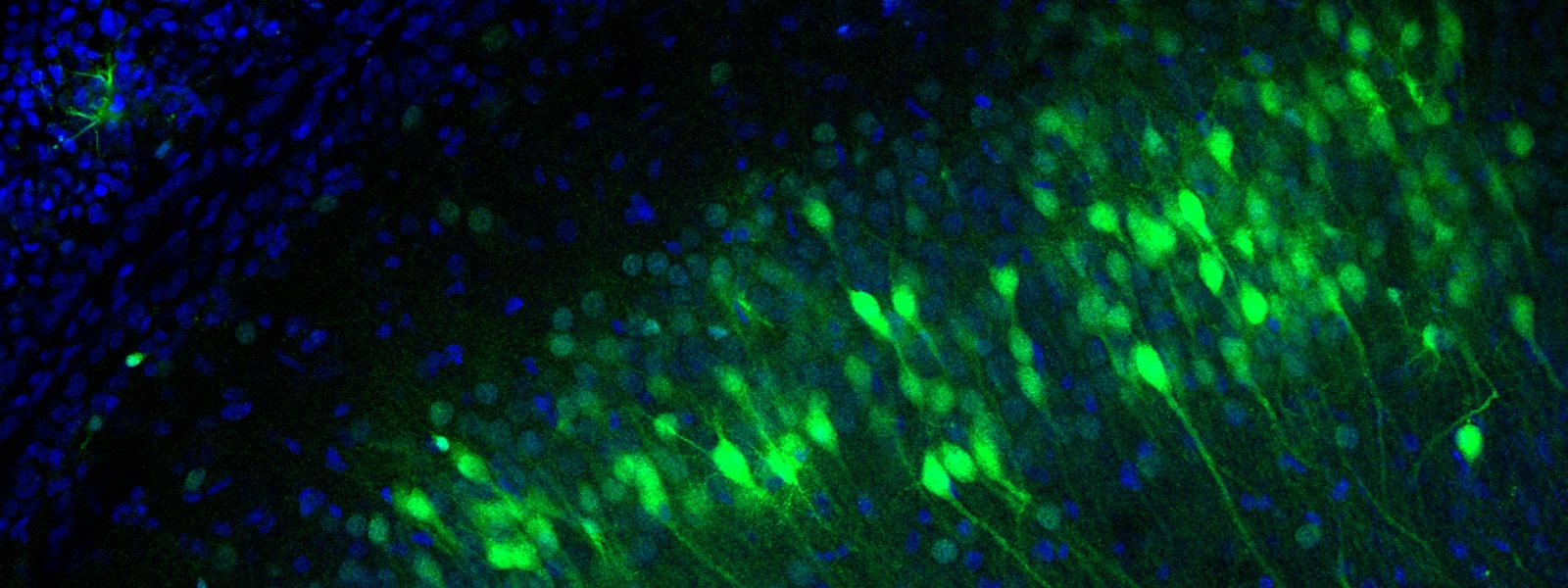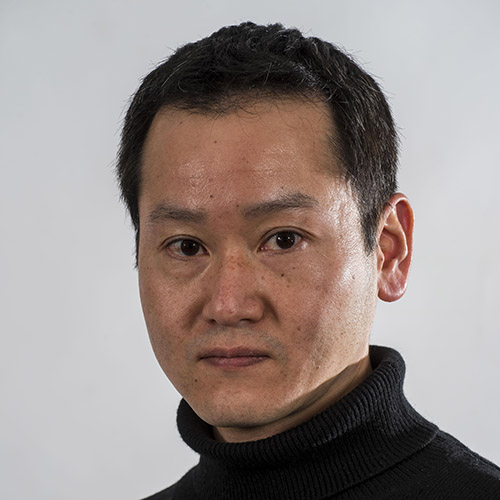The burden of central nervous system (CNS) disorders, especially with an increasingly aged population, is one of the key global health challenges of our time. To address these challenges, advances in our understanding of disease aetiology and treatment development requires multidisciplinary strategies.
Our research within Strathclyde Institute of Pharmacy & Biomedical Sciences (SIPBS) and across the University utilises such strategies to gain new insights into how the brain and its cells operate in health, and how they become dysfunctional in disease.
Our programmes of work incorporate research from the fundamental neuroscience of cellular function and signalling through to systems neuroscience and disease models. We actively collaborate with researchers within SIPBS and across other faculties (e.g. Engineering) as well as the NHS and the pharmaceutical industry with the ultimate aim of developing new therapeutic targets and strategies for diseases including:
- Alzheimer’s disease
- cognitive and hearing disorders
- multiple sclerosis
- stroke
- schizophrenia
More detail regarding our research can be found below and we're happy to hear from those who are interested in potential PhD and post-doctoral research opportunities with us. Please contact the individual group member directly.












